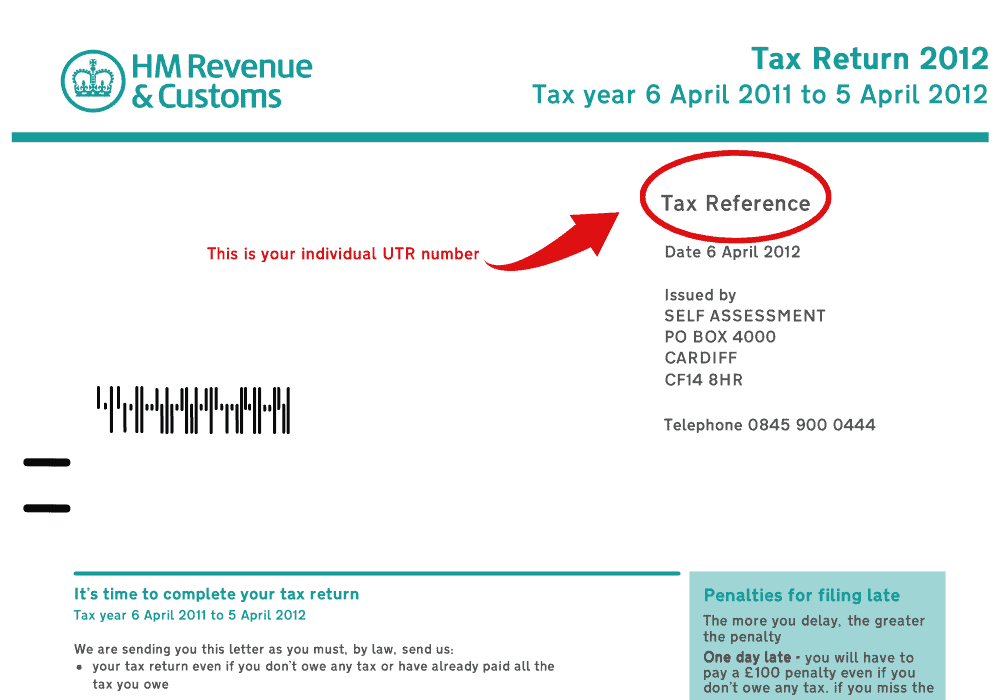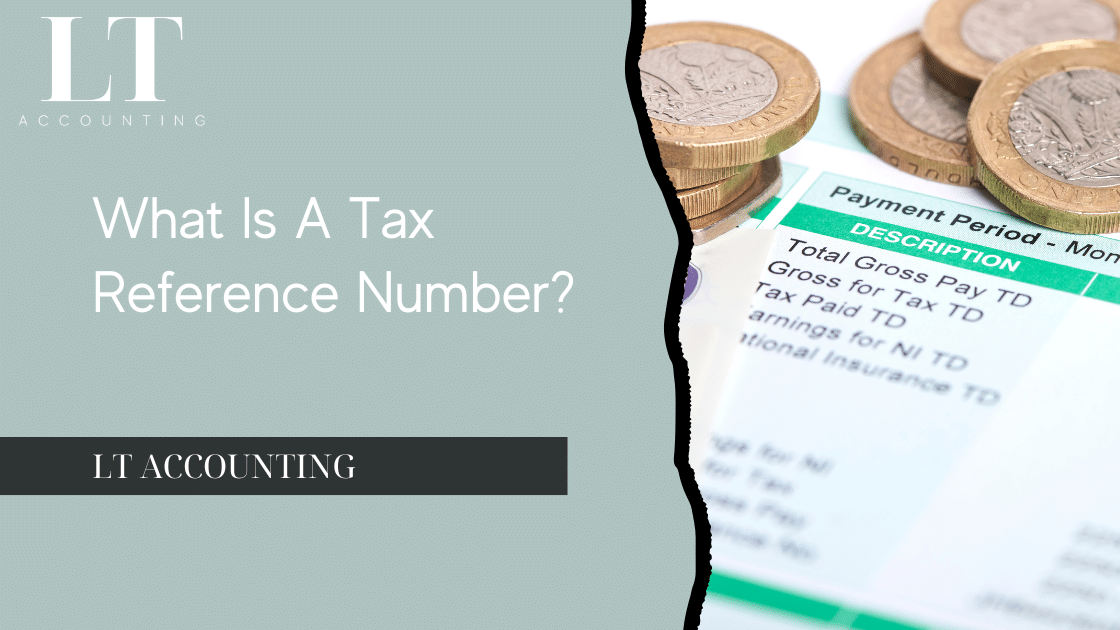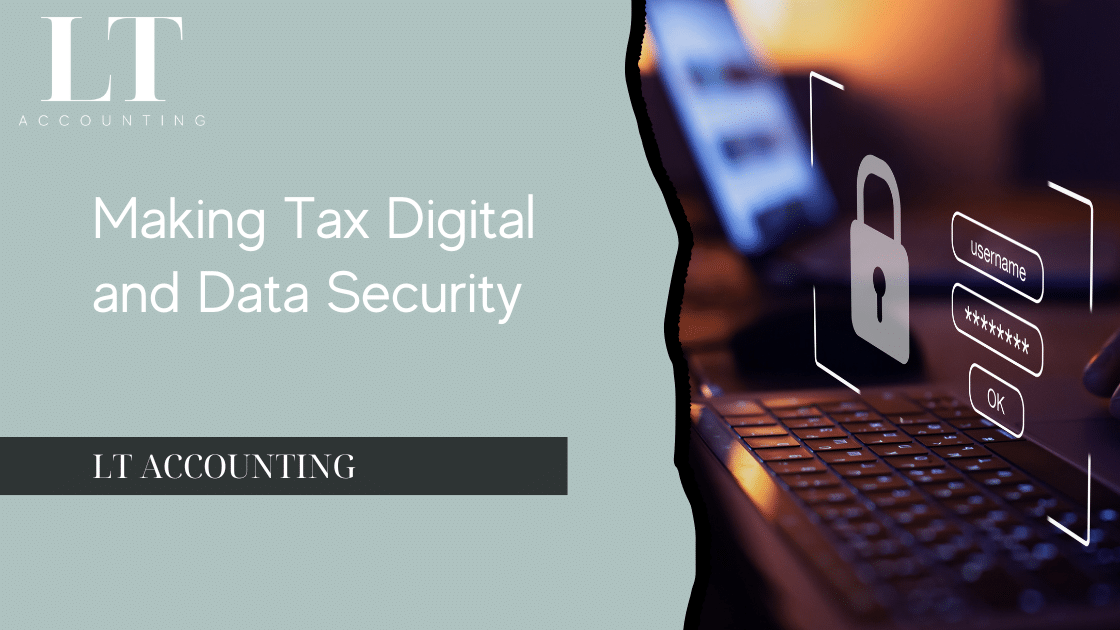What Is A Tax Reference Number?
A tax reference number is a unique identifier used by HM Revenue and Customs (HMRC) to track and manage individual or business tax records. This number is crucial for both employees and employers to ensure that tax is correctly calculated and reported. Here’s a detailed look into what a tax reference number is, its various types, and where to find it.
Types of Tax Reference Numbers
- Employer Reference Number (ERN): Also known as a PAYE reference number, this is issued to employers when they register for the Pay As You Earn (PAYE) system. The ERN helps HMRC identify the employer in tax-related matters. Each ERN is unique to the employer and is used when reporting employee pay and deductions. The number typically consists of three digits identifying the tax office, followed by a unique identifier for the employer.
- Unique Taxpayer Reference (UTR): This 10-digit number is assigned to individuals and businesses who need to complete a Self Assessment tax return. The UTR is crucial for personal tax matters and is distinct from the ERN used by employers. HMRC issues the UTR when you register for Self Assessment, and it is used to manage your personal tax returns.
- National Insurance (NI) Number: While not a tax reference number per se, the NI number is used alongside other tax reference numbers for individuals, particularly for National Insurance contributions. It ensures that contributions and benefits are accurately recorded.
Where to Find Your Tax Reference Number
For Employees:
- Payslip: The tax reference number is usually displayed on your payslip, which is provided by your employer each time you are paid.
- P60: At the end of the tax year, your employer issues a P60, summarising your total pay and tax deductions for the year. This document also includes your tax reference number.
- P45: If you leave a job, your employer will issue a P45, which includes your tax reference number. This document is essential for your next employer and for any tax queries you may have.
For Employers:
- HMRC Correspondence: Your Employer Reference Number is provided in communications from HMRC when you register as an employer for PAYE. It is essential for payroll processing and reporting.

For Self-Employed Individuals:
- Self Assessment Documents: If you are registered for Self Assessment, your UTR will be found on any correspondence from HMRC regarding your tax returns. This includes your Self Assessment statement and tax return reminders.
Importance of the Tax Reference Number
The tax reference number plays a pivotal role in the UK’s tax system. It ensures that:
- Tax is correctly allocated and tracked: HMRC uses this number to allocate tax payments correctly and track tax liabilities and payments over time.
- Communication with HMRC: When dealing with tax queries or issues, having the correct tax reference number helps streamline the process.
- Accuracy in Tax Reporting: Employers use the ERN to accurately report employee earnings and deductions, ensuring compliance with tax laws.
Common Misconceptions
It is important not to confuse the tax reference number with other similar identifiers. For instance, the UTR is used for Self Assessment and personal tax matters, whereas the ERN is specifically for employers managing payroll. Similarly, while the NI number is important for personal tax and benefit records, it is not the same as the tax reference numbers used for tax returns and PAYE.
In summary, a tax reference number is a vital component of the UK tax system, ensuring that both personal and business tax matters are correctly managed. Whether you are an employee, employer, or self-employed, understanding and keeping track of your tax reference number is crucial for effective tax management.





